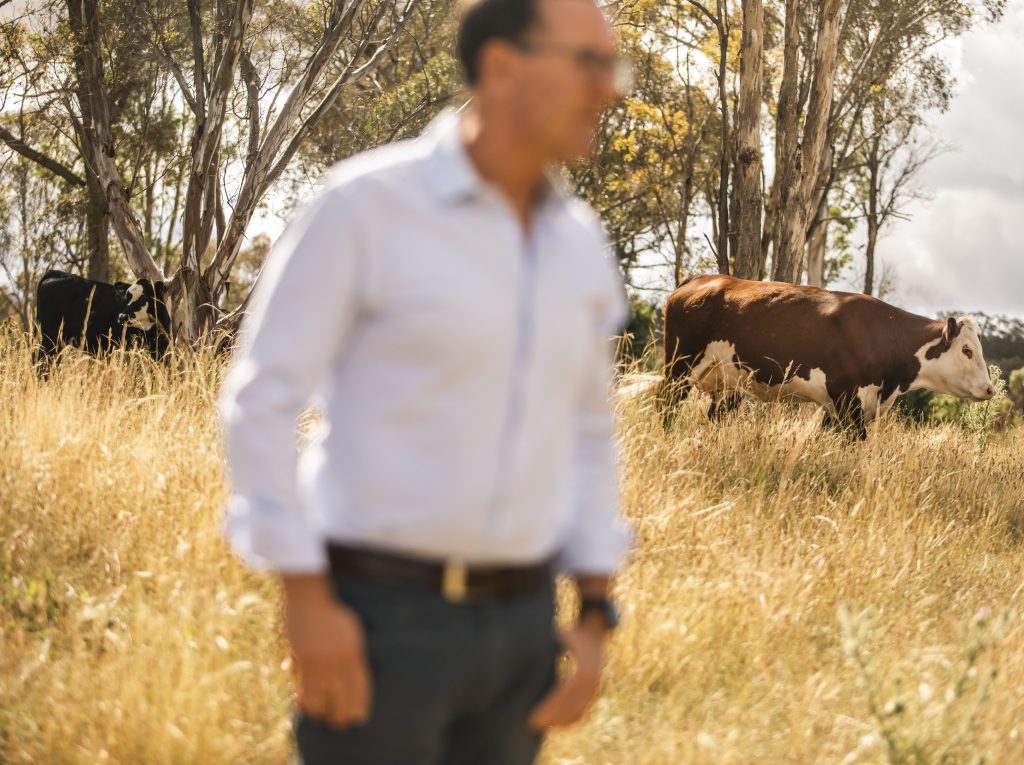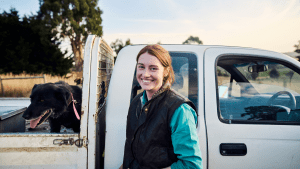
Farm Succession Planning: When the Key Person Holds All the Keys
On many farms, one person carries the weight of the knowledge – the paddocks, the stock, the numbers, the future plans. But when everything rests on one set of shoulders, the farm and the family are left vulnerable. Sharing that knowledge and starting conversations can ease the pressure, strengthen relationships, and set the next generation up with clarity and confidence.









